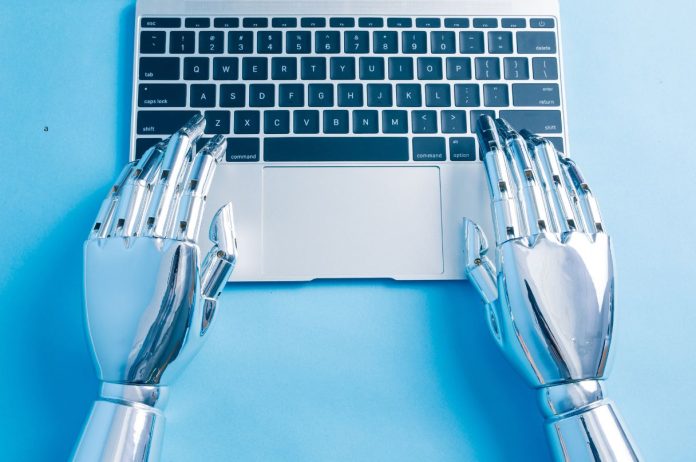In recent years, artificial intelligence (AI) has transformed the way we interact with technology in many areas. Between 2020 and 2023, AI adoption by Latin American companies increased from 58% to 71%, according to the study Exploring AI as a driver of change in the Latin American digital frontier, conducted by NTT Data and MIT Technology Review.
AI is being integrated into a variety of business processes, including image editing, with impressive results. Automating repetitive and complex tasks, such as removing backgrounds, color correction, and applying filters, translates into greater efficiency and quality in edits. AI-powered image editing tools are becoming more accessible to a wider audience, democratizing access to advanced editing techniques.
Furthermore, it enables new forms of creativity, offering features such as generating realistic backgrounds, automatically enhancing images, and creating special effects that would be difficult to achieve manually. Automating these processes can also significantly reduce operating costs, making image editing more cost-effective for both professionals and amateurs. This is especially relevant in digital marketing and social media, where powerful images are crucial.
AI offers numerous advantages, especially for aspiring entrepreneurs. In the visual design field, using AI-powered tools allows you to transform ordinary images into high-quality, professional materials. This way, small businesses can create custom designs for their social media and sales materials, saving time and resources while achieving impressive results.
The application of AI in photo editing also brings environmental benefits, as creating digital backgrounds saves natural resources and reduces CO2 emissions. study published in the journal Nature In February 2024, a study revealed that AI-powered imaging emits between 310 and 2,900 times less carbon dioxide compared to traditional photography. However, it's important to recognize that the AI sector as a whole is increasingly demanding on energy supplies, which represents a necessary balance to maximize the environmental benefits of this technology.
In Brazil, the willingness to adopt new technologies is evident. The dating app market, for example, reflects this trend. Data from Norton's 2024 Cybersecurity Insights Report indicates that 691% of Brazilian dating app users are interested in using AI to write catchphrases and 671% to enhance their photos. This willingness to adopt AI in areas as personal as online dating indicates an openness to exploring its advantages. However, it raises important ethical and security issues that need to be discussed.
Excessive use of AI can lead to image manipulation with unrealistic and potentially misleading representations, affecting people's self-esteem and perception of beauty. Privacy is also a concern, as many apps can collect and store users' personal data, making them vulnerable to cyberattacks. Data security should be a priority, and companies must ensure the protection of users' confidential information.
Therefore, it is essential that AI be used cautiously and ethically. Companies must adopt transparent and responsible practices, ensuring that the technology benefits society as a whole. This includes clear guidelines on image editing, rigorous protection of user privacy, and consideration of the socioeconomic impact of automation.
AI is shaping the future of image editing in Latin America, offering powerful tools that transform the user experience. As more companies and individuals adopt this technology, we can expect constant innovation and improvement in our society.


